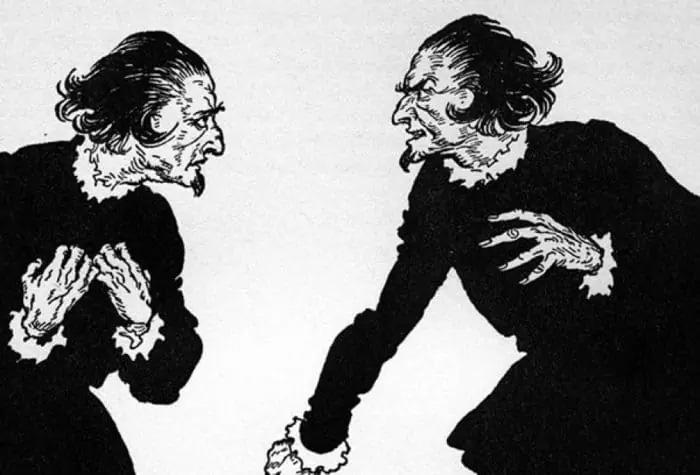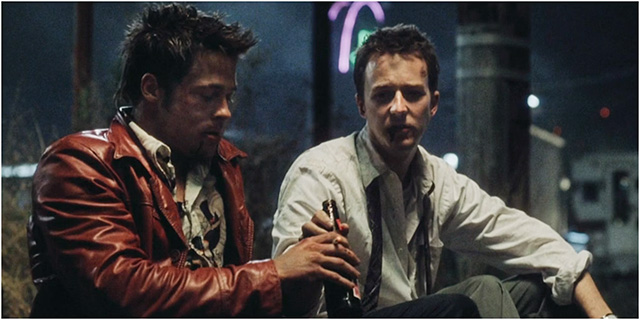Hey there, Readers!
Let’s look into the dark and twisty world of literary dualities. Today, I want to talk about two works that investigate into the fractured nature of the human psyche: Edgar Allan Poe’s “William Wilson” and Chuck Palahniuk’s “Fight Club”. Buckle up, because this is going to be one wild ride.
First off, we’ve got Poe’s classic tale, “William Wilson”. This haunting story follows a man who encounters his doppelgänger, a figure who mirrors his every move and eventually leads him down a path of self-destruction. Sound familiar? Well, if you’ve ever taken a stroll through the pages of “Fight Club”, you’ll notice some striking similarities.

In “Fight Club”, our unnamed narrator finds himself drawn to Tyler Durden, a charismatic and enigmatic figure who challenges his very sense of self. As their relationship deepens, the narrator’s identity begins to blur, much like the protagonist in “William Wilson”. Both works tackle the idea of facing one’s inner demons head-on, sometimes quite literally.
In “William Wilson,” the protagonist is forced to confront his own dark impulses and moral shortcomings embodied in his doppelgänger. This eerie figure serves as a physical manifestation of the protagonist’s inner turmoil, pushing him to acknowledge and ultimately grapple with the darker aspects of his own nature.
Similarly, in “Fight Club,” the protagonist’s alter ego, Tyler Durden, represents his repressed desires and frustrations. As the story unfolds, the protagonist is compelled to confront the destructive tendencies and chaotic impulses that Tyler embodies, leading to a climactic confrontation that forces him to reckon with his own identity.
In both cases, the protagonists are forced to confront the darkest corners of their psyche, ultimately leading to a reckoning with their own inner demons. It’s a journey fraught with psychological tension and existential dread, showcasing the power of literature to explore the complexities of the human condition.

But it’s not just the theme of duality that links these two works together. Both Poe and Palahniuk have a knack for crafting atmospheric and downright chilling narratives. From the eerie halls of William Wilson’s boarding school to the gritty underground fight clubs of “Fight Club”, these stories are dripping with atmosphere and tension.
And let’s not forget about the unreliable narrators. Both protagonists struggle with their own perceptions of reality, leaving readers questioning what’s real and what’s merely a figment of their imagination. It’s a mind-bending journey that will leave you questioning everything you thought you knew.
So, what’s the takeaway here? Well, whether you’re exploring the dark corridors of Poe’s mind or diving headfirst into Palahniuk’s twisted world, one thing’s for certain: the human psyche is a complex and often terrifying thing. “William Wilson” and “Fight Club” may have been written centuries apart, but their exploration of identity and the darker aspects of human nature still resonate with readers today.
So, if you’re looking for a literary thrill ride that will leave you questioning everything you thought you knew about yourself, look no further than these two masterpieces. Just remember to hold on tight, because things are about to get seriously surreal.
Until next time, stay spooky, my friends!